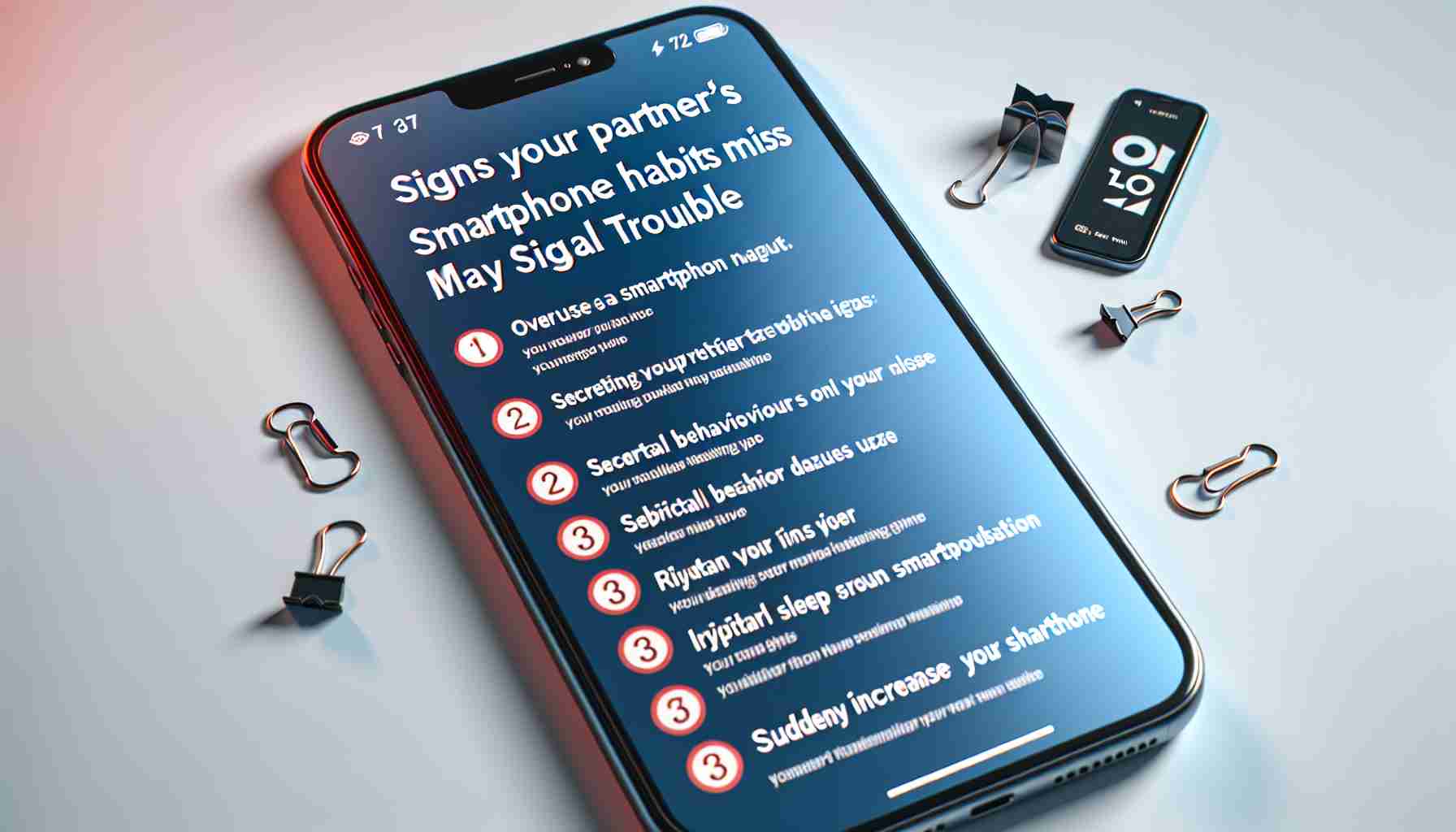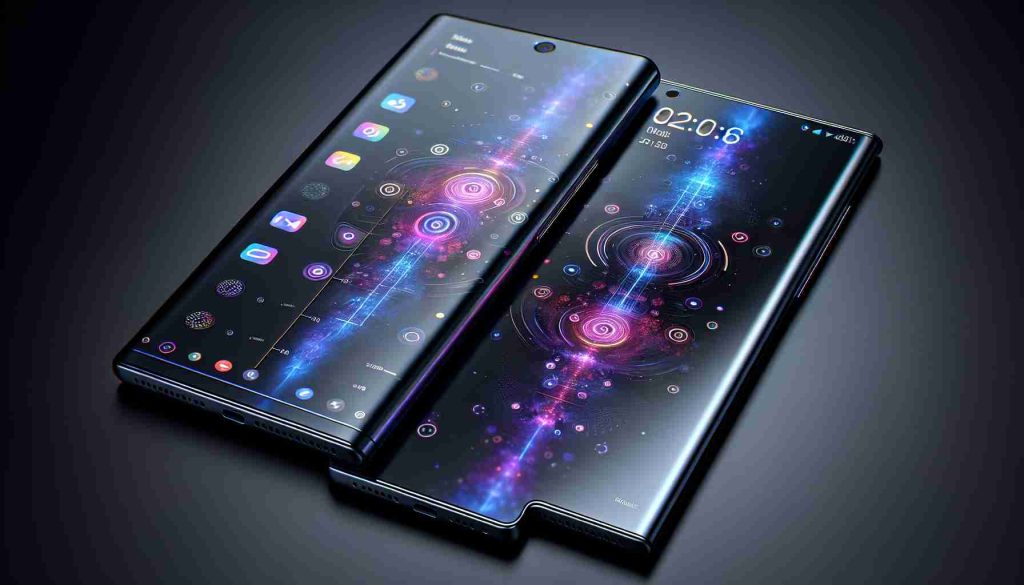In today’s digital age, the way partners engage with their smartphones can reveal underlying issues in a relationship. A family therapist, who has gained popularity on social media, suggests that certain phone behaviors could indicate a need for reevaluation of one’s romantic connection.
The therapist emphasizes a crucial warning sign: a lack of shared access to each other’s devices and passwords can be a red flag. He identifies several behaviors that may signal discomfort or dishonesty. These include instances where one partner instinctively hides their phone or places it face down while using it.
Additional concerning actions are if a partner turns their body away while handling their phone, frequently changes passwords, or reacts defensively when questioned about their digital habits. Such gestures often suggest a lack of transparency that can breed mistrust.
The therapist highlights that communication and trust are fundamental in sustaining a healthy relationship. He and his spouse have identified these behaviors as detrimental, advocating for couples to maintain an open dialogue. His insights have generated varied reactions, with some arguing that these behaviors infringe on personal space and privacy.
In a world where technology plays a significant role in our lives, understanding the implications of smartphone usage is vital for fostering strong and honest relationships. Communication remains the key to addressing any concerns and nurturing a trusting partnership.
Signs Your Partner’s Smartphone Habits May Signal Trouble: A Deeper Dive
In our increasingly tech-oriented world, smartphone usage patterns can serve as a window into the emotional health of a relationship. Beyond the observable signs of secrecy or defensiveness, there are additional nuances and underlying dynamics that can provide critical insights into a partner’s state of mind and the overall health of a romantic connection.
Key Questions to Consider
1. What behaviors indicate that smartphone usage may be problematic?
– Aside from hiding devices, other behaviors such as excessive smartphone use during quality time, ignoring calls or messages from a partner, or frequent texting at odd hours can indicate deeper issues.
2. How can one approach their partner about concerns regarding smartphone habits?
– Open communication is crucial. Express your feelings without sounding accusatory; focus on how their habits make you feel rather than labeling their behavior as problematic.
3. Are there age differences in how smartphone usage is perceived in relationships?
– Yes, younger generations often have differing social norms surrounding technology use, including different expectations about communication frequency and accessibility that can lead to misunderstandings.
Challenges and Controversies
One significant challenge is balancing privacy with transparency. Many argue that a partner’s smartphone is a personal space that should remain private, leading to a contentious debate about boundaries in the digital age. Critics of invasive monitoring argue such actions can erode trust, pushing partners further apart rather than resolving underlying issues.
On the other hand, some mental health professionals advocate for shared access as a way of building trust. This creates a layered discussion on what constitutes healthy openness versus unwarranted intrusion into personal privacy.
Advantages and Disadvantages of Smartphone Transparency
– Advantages:
– Enhanced trust and communication can lead to a stronger emotional connection.
– Reduced anxiety over potential secrets or infidelities can promote a healthier relationship.
– Disadvantages:
– Infringing on personal privacy can lead to feelings of resentment or rebellion.
– The potential for miscommunication regarding benign interactions can create unnecessary conflict.
Implications for Relationship Dynamics
Understanding smartphone habits is crucial as these devices increasingly serve as extensions of ourselves. They can amplify both positive and negative feelings, impacting relationship dynamics. Partners should be encouraged to engage in discussions about technology use, exploring each other’s views on digital boundaries and expectations.
Ultimately, recognizing the signs and understanding the implications of smartphone habits is vital for maintaining a healthy relationship. Engaging in open dialogue will not only clarify uncertainties but also strengthen the bond between partners.
For more on navigating relationships and communication, you can visit Psychology Today or Marriage.com.























